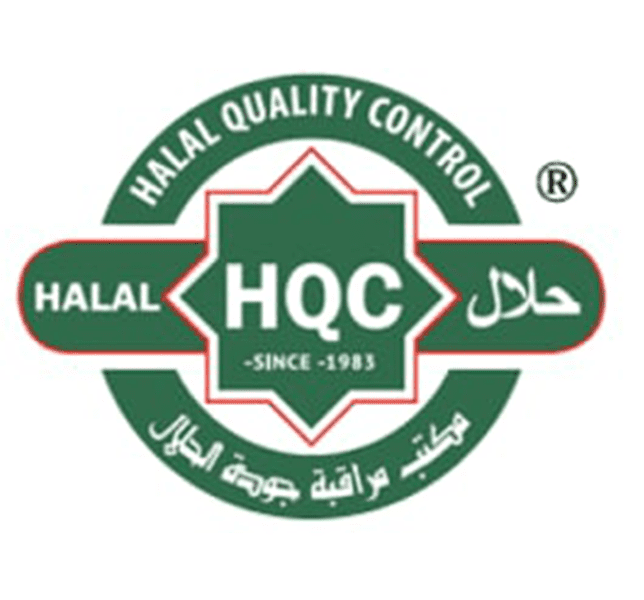
FSSC 22000 (Food Safety System Certification 22000) is an internationally recognized certification scheme for food safety management systems. It provides a framework for effectively managing food safety responsibilities and ensuring that organizations in the food supply chain deliver safe food to consumers.
Key Points about FSSC 22000:
- ISO-Based Certification: FSSC 22000 is based on the ISO 22000 standard for food safety management systems, integrating ISO 22000 with additional requirements, including sector-specific Pre-Requisite Programs (PRPs) and FSSC Additional Requirements.
- Comprehensive Coverage: The certification covers the entire food supply chain, including food manufacturing, animal feed production, food packaging manufacturing, and more.
- Global Recognition: FSSC 22000 is recognized by the Global Food Safety Initiative (GFSI), making it widely accepted by major retailers and food manufacturers worldwide.
- Focus on Continuous Improvement: The standard emphasizes continual improvement of the food safety management system through regular monitoring, validation, and verification processes.
- Integration with Other Standards: Organizations can integrate FSSC 22000 with other management system standards such as ISO 9001 (Quality Management) and ISO 14001 (Environmental Management).
Benefits of FSSC 22000 Certification:
- Enhanced Food Safety: Ensures the implementation of robust food safety practices and compliance with international food safety regulations.
- Market Access: Facilitates entry into global markets by meeting the requirements of major retailers and food businesses.
- Customer Confidence: Increases trust and confidence among consumers and business partners regarding the safety of products.
- Operational Efficiency: Promotes a systematic approach to managing food safety risks, leading to improved operational efficiency.
- Regulatory Compliance: Helps organizations comply with national and international food safety regulations and standards.
Implementation Steps:
- Gap Analysis: Assess current food safety practices against the requirements of FSSC 22000.
- Develop and Document: Create and document the food safety management system, including PRPs and hazard analysis.
- Training: Train employees on the requirements and practices of the food safety management system.
- Internal Audit: Conduct internal audits to ensure compliance with FSSC 22000 requirements.
- Certification Audit: Undergo a certification audit by an accredited certification body.
- Continuous Improvement: Maintain and continually improve the food safety management system through regular reviews and updates.
FSSC 22000 certification helps organizations demonstrate their commitment to food safety and enhance their competitive edge in the food industry.





